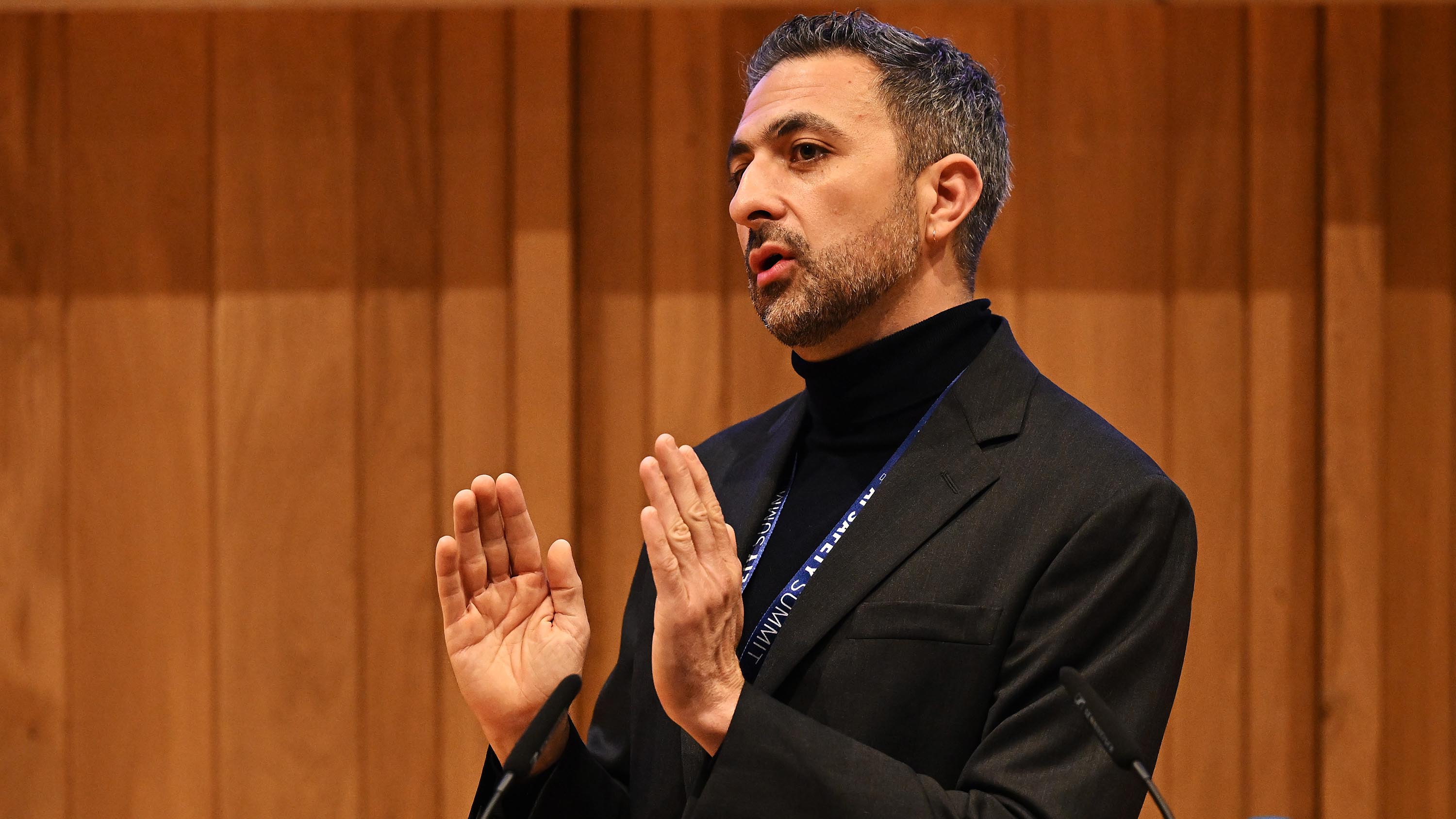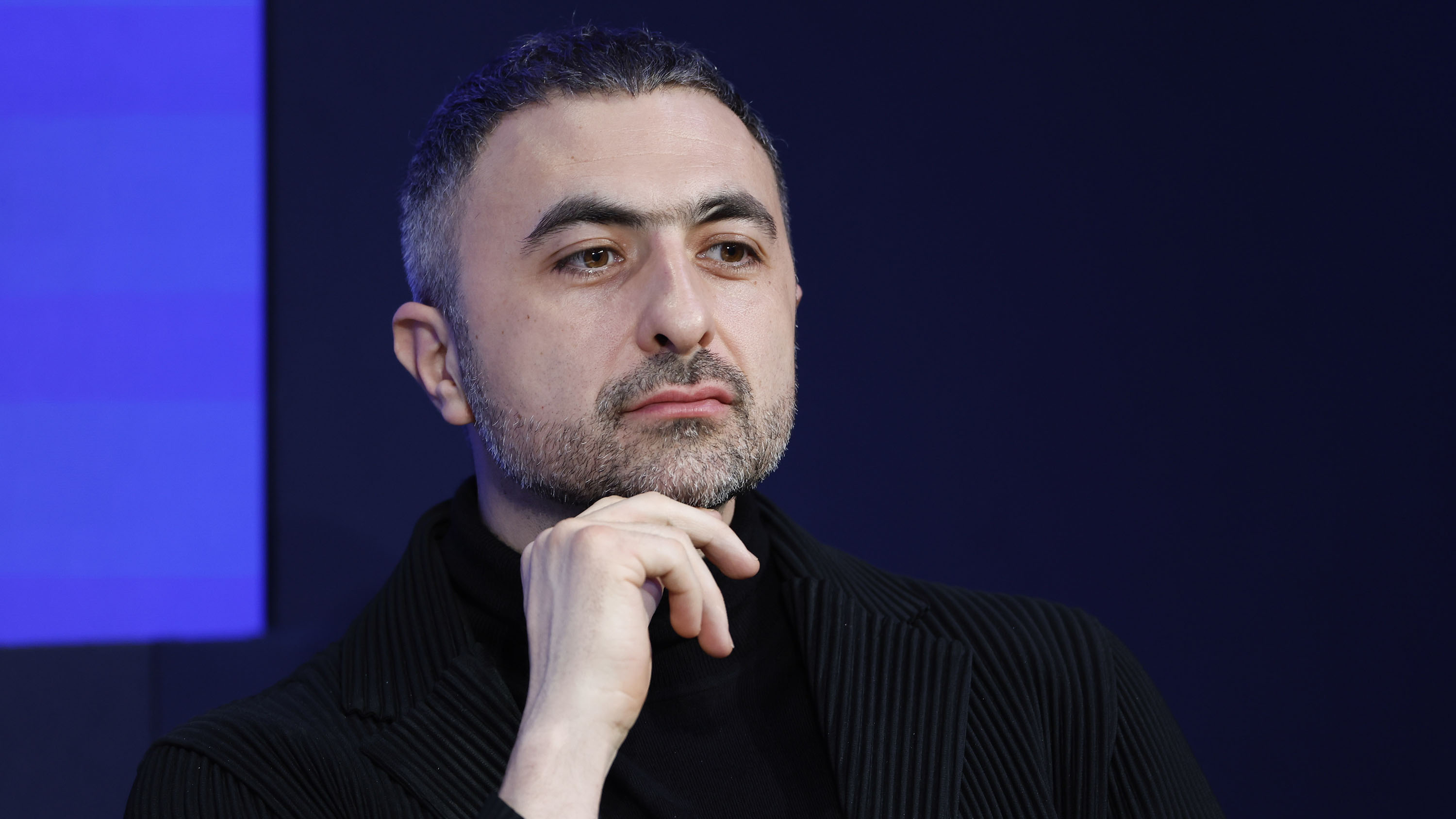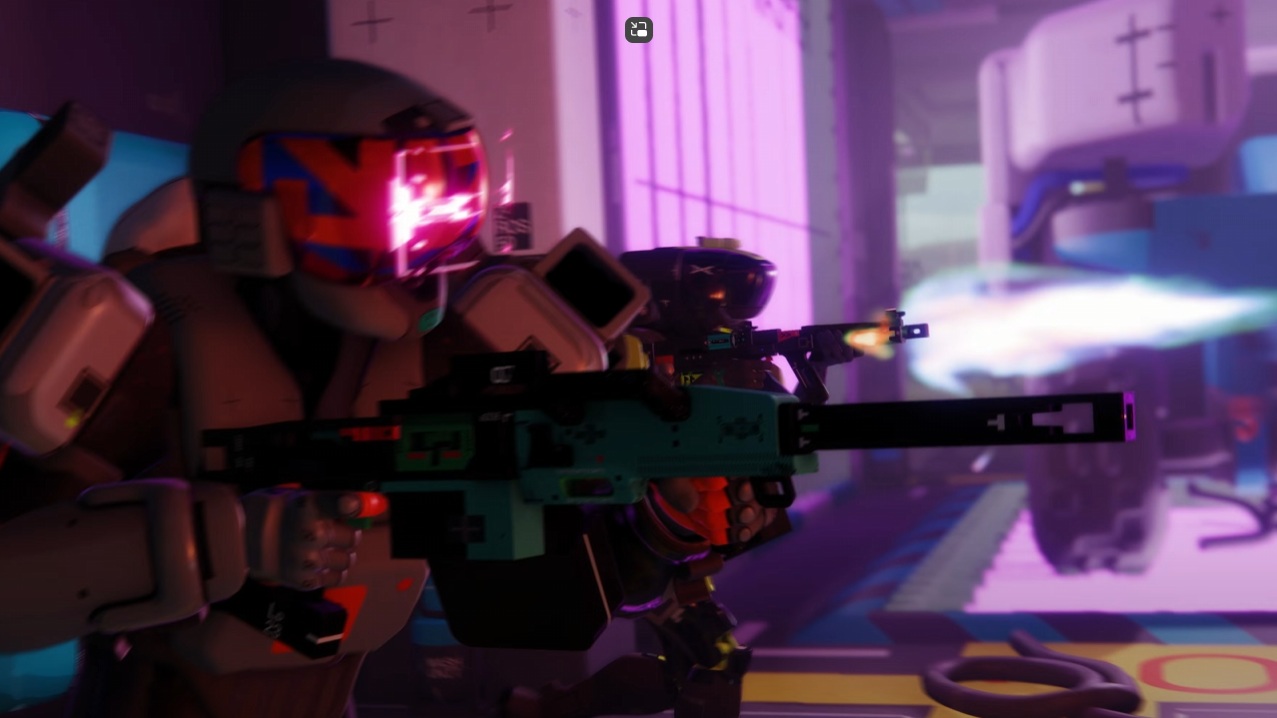Microsoft AI CEO predicts AGI within 7 years, but not with 'current hardware' as indicated by Sam Altman: "I don’t think it can be done on [Nvidia] GB200s"
Microsoft AI CEO Mustafa Suleyman talks about AGI, security, OpenAI partnership, and more.

- Microsoft AI CEO says AGI will be achieved within 5 to 7 years.
- Contrary to OpenAI's CEO, the benchmark needs sophisticated hardware.
- Microsoft's OpenAI partnership could be historically successful.
Several reports have emerged in the past few months, alluding that AGI (artificial general intelligence) might be achieved sooner than anticipated. On one hand, Anthropic CEO Dario Amodei speculates that the benchmark could be achieved between 2026 and 2027, while OpenAI CEO Sam Altman narrows the timeline to 2025.
Contrary to popular belief, Altman claims the benchmark will simply whoosh by with "surprisingly little" societal change. The executive recently indicated that the benchmark could be achieved sooner than anticipated. A technical employee at the firm indicated that the release of the firm's reasoning o1 model constitutes AGI. He admitted while it doesn't surpass the cognitive capabilities of a human, it's better at most tasks than humans.
Microsoft has seemingly been left out of the fold, but the firm's AI CEO, Mustafa Suleyman, recently spoke with The Verge's Editor-in-Chief, Nilay Patel, to discuss the rapid development of AI, including the AGI benchmark and whether it's achievable with the current hardware.
For context, Mustafa Suleyman joined Microsoft earlier this year to spearhead the firm's operations across several products, including Copilot, Bing, Edge, and other consumer AI products.
Microsoft AI CEO talks AGI, OpenAI partnership, and everything in between

Right off the bat, The Verge's Patel asked Microsoft's AI CEO whether AGI can be achieved with current hardware. "I don’t think it can be done on [Nvidia] GB200s," responded Mustafa Suleyman. "I do think it is going to be plausible at some point in the next two to five generations."
The question could center on OpenAI CEO Sam Altman's claims that AGi is achievable with current hardware. However, Altman indicated that if the benchmark requires new and sophisticated hardware, "you'll be happy with a new device."
Microsoft AI CEO cast his net wider into the further, indicating the coveted AGI benchmark might be achieved within the next five to seven years with next-gen AI chips. The CEO was seemingly walking on eggshells and didn't categorically give a specific timeline for the AGI moment:
Get the Windows Central Newsletter
All the latest news, reviews, and guides for Windows and Xbox diehards.
"I think it’s a high probability that it’s two years away, but I think within the next five to seven years."
While Suleyman seemed optimistic about AI systems that can be trained without much prior prompting, he is skeptical that it will be an uphill task to get things done in robotics.
He added that this wouldn't necessarily constitute AGI or singularity. Microsoft AI CEO defines AGI as "a general-purpose learning system that can perform well across all human-level training environments."
The executive indicated that AGI has become so dramatized that the system's specific capabilities are overlooked. Suleyman indicated that he's far more interested in "building AI companions, getting them to be useful to you as a human, work for you as a human, be on your side, in your corner, and on your team."
Suleyman's sentiments aren't surprising after Microsoft's recent major update overhauling Copilot's user experience. The update has been received with mixed emotions. Most of the tool's users have cited a degraded user experience coupled with low-quality responses.
While Microsoft has yet to address the feedback, Microsoft's AI CEO shared his vision for Copilot, indicating that it would eventually evolve into a virtual companion that can become a friend and foster meaningful and lasting relationships with users. Based on Copilot's reviews on the App Store, users have already started spotting subtle hints of the platform evolving into a companion, and they aren't too happy about it. "It tries to be my friend when I need it to be a tool," a concerned user indicated.
The executive also discussed Microsoft's multi-billion dollar partnership with OpenAI, which has received backlash from Microsoft insiders, who claim it has turned into "a glorified IT department for the hot startup." Despite the complicated tech bromance controversy, Suleyman believes it could be "one of the most successful partnerships in computer history."
Suleyman described Microsoft's partnership with OpenAI as mutually beneficial. The former gains access to advanced AI models and intellectual property (IP) while the latter gains access to computing power and funding.
As you may know, Microsoft is slated to sever its partnership with OpenAI once the latter achieves the coveted AGI benchmark. When asked about Microsoft's backup plan when/if OpenAI hits the impressive feat, AI CEO Mustafa Suleyman indicated that AGI's definition is unclear.
Interestingly, a new report suggests OpenAI is in discussions to scrap the clause that voids its partnership with Microsoft after hitting the AGI moment. This move could be crafted to secure future funding and investment from the Redmond giant.
He also used the opportunity to toot Microsoft's horn while talking about its well-versed and experienced AI crew, including Karén Simonyan, who led the deep learning scaling team at DeepMind, leading to significant breakthroughs.
So, we have an exceptional team and we’ll make sure that whatever happens, we’ll be in a position to train the best models in the world.
Microsoft AI CEO, Mustafa Suleyman
The Verge's broad interview with Microsoft's AI CEO Mustafa Suleyman touches on many subjects, including the company's shift to security, which is now part of its top priorities following a cascade of security failures.
Suleyman also touched on Microsoft CEO Satya Nadella's leadership style, which centered on accountability. He also compared Microsoft's business model to Google, citing discipline in revenue and P&L.

Kevin Okemwa is a seasoned tech journalist based in Nairobi, Kenya with lots of experience covering the latest trends and developments in the industry at Windows Central. With a passion for innovation and a keen eye for detail, he has written for leading publications such as OnMSFT, MakeUseOf, and Windows Report, providing insightful analysis and breaking news on everything revolving around the Microsoft ecosystem. While AFK and not busy following the ever-emerging trends in tech, you can find him exploring the world or listening to music.
